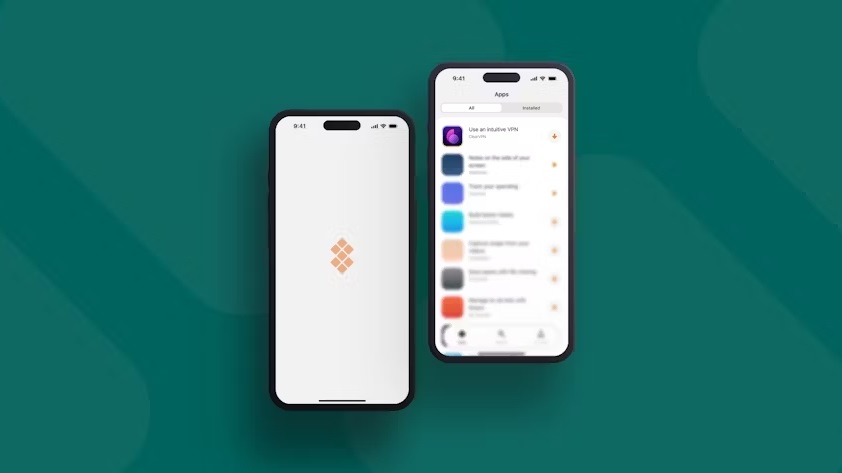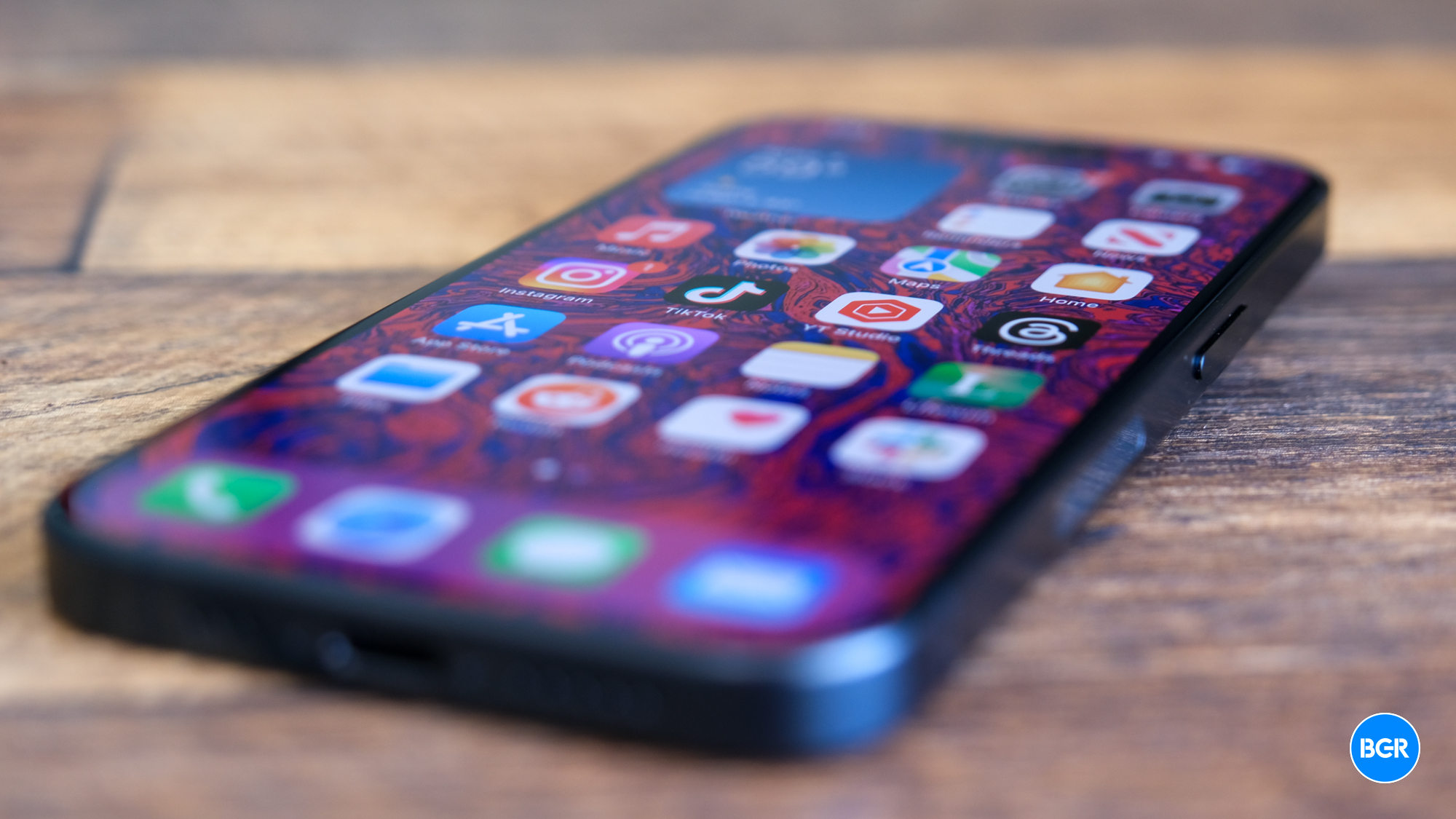The European Commission (EC) announced on Monday that it will investigate several gatekeepers for the way they have chosen to comply with the Digital Markets Act (DMA). To the surprise of almost no one who has been following Apple’s methods of rolling out side-loading iPhone support to the EU, Apple is part of that investigation.
I detailed how iPhone sideloading would work in Europe when Apple announced the DMA compliance changes. I warned then that the EC might not like Apple’s methods. One possible reason for the investigation was the CTF fee that Apple would charge developers of popular apps who would make their software available on their websites or in third-party stores.
It turns out that the European Commission will indeed consider Apple’s proposed fee structure. But that’s not the only contentious issue EC has with Apple regarding the latter’s DMA compliance.
I’m a European who doesn’t plan to use sideloading, install iPhone app markets, or use third-party payment systems for digital content in the App Store.
But I understand that some developers want better terms than what Apple offers. And some consumers might want to download any app to their iPhone, just like they do on a computer.
That’s why I think Apple should make iPhone sideloading available to a wider circle without worrying so much about the financial hit. I’m sure most people will stick with the App Store if given the choice.
As for iPhone security, Apple could very well stick as many pop-up screens as possible on the iPhone to inform the user of the dangers ahead and point the finger at lawmakers, starting with the EC.

I said that Apple’s DMA changes no longer make me worry about iPhone malware, although Apple has updated its original set of rules to allow developers to offer their apps for download from their websites. This somewhat increases the theoretical risk of installing malicious apps on the iPhone.
I also think that the already infamous CTF tax, €0.50 per app install after the first million downloads, is something that Apple needs to implement, even if it might have to lower the fee. It amazes me that some companies, like Epic and Spotify, would expect access to the entire iPhone ecosystem while paying as little as possible.
But Apple got off on the wrong foot in Europe. It received a lot of criticism after its initial DMA compliance documentation was published. Many people have expressed their concerns, including some of his most significant rivals.
Then the whole approving-banning-and-reapproving developer’s Epic account backlash further hurt Apple. It was EC’s first victory in the DMA battle against the iPhone maker.
EC investigation
The EC’s announcement on Thursday focused on Apple’s various DMA compliance decisions, not just the fees. CTF is not even mentioned by name.
First, the EC mentioned Alphabet’s and Apple’s governance rules:
The Commission has opened proceedings to assess whether the measures implemented by Alphabet and Apple in relation to their obligations relating to app stores violate the DMA. Article 5(4) DMA requires gatekeepers to allow app developers to “direct” consumers to offers outside the gatekeeper’s app stores free of charge.
The Commission is concerned that Alphabet’s and Apple’s measures may not be fully harmonized as they impose different restrictions. They, among other things, limit developers’ ability to freely communicate and promote offers and directly enter into contracts, including the imposition of various fees.
The second thing is about choosing a screen for the default browser on the iPhone:
The Commission opened proceedings against Apple in relation to its compliance measures to (i) allow end users to easily uninstall any software application on iOS, (ii) easily change the default settings on iOS, and (iii) require users with choice screens that must efficiently and easily allow them to select an alternative default service, such as a browser or search engine on their iPhones.
The Commission is concerned that Apple’s measures, including the design of the web browser selection screen, could prevent users from truly using their choice of services within the Apple ecosystem, in violation of Article 6(3) DMA.
Only then come the DMA fee changes that Apple has proposed:
Apple’s new fee structure and other terms and conditions for alternative app stores and web app distribution (sideloading) may defeat the purpose of its obligations under Article 6(4) DMA.
The announcement covers DMA investigations of Amazon, Google (Alphabet) and Meta, which are also gatekeepers in the region.

What follows
The investigation will last up to 12 months. After that, the EC will inform the companies of its findings and detail the measures the gatekeeper should take to resolve any concerns. The Commission can then impose fines of up to 10% of the company’s total worldwide turnover in the event of a breach. Penalties can then go up to 20% for repeated violations. After that, the EC could take additional measures against goalkeepers who still do not comply.
As I said before, any EC investigation will take time. And time is on Apple’s side.